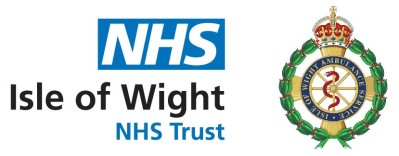It is natural to be apprehensive about any operation – we fully understand this, so if you have any particular worries let the staff know so we can help.
Surgical intervention has become so commonplace that it is easy to forget that in spite of ideal care even relatively trivial operations can lead to complications. The risk of complications vary based on many factors such as the type or surgical procedure and your health before the operation. You will be cared for by a skilled team of doctors, nurses and other healthcare workers, who are involved in your type of surgery on a daily basis. Any problems that arise can be rapidly assessed and appropriate action taken.
The risks increase for the elderly and overweight, and for those who already have heart, chest or other medical conditions such as diabetes or kidney failure.
The general risks of surgery including bleeding, problems with wound healing/infection, blood clots in the legs deep vein thrombosis and persistent pain, are extremely variable in different people and the severity can vary enormously in spite of modern techniques and treatments to prevent these occurring.
On the day of your operation
Nothing to eat or drink – Nil by Mouth. Hospital staff will give you clear instructions about fasting and it is important to follow these.
If you are taking medicines, you should continue to take them as usual, unless your anaesthetist or surgeon has asked you not to.
If you feel unwell when you are due to come into hospital, please telephone the ward for advice:
Your anaesthetist will meet you before your operation and will:
- Ask you about your health
- Discuss with you which types of anaesthetic can be used
- Discuss with you the benefits, risks, and your preferences
- Decide with you which anaesthetic would be best for you
- Decide for you, if you would prefer that
Nothing will happen to you until you understand and agree with what has been planned for you. You have the right to refuse if you do not want the treatment suggested.
Patient Identification Bands
An identification band will be placed on all patients admitted to hospital. The band will most likely be placed on your wrist. The purpose of the band is to protect patient safety by having it clear who the patient is when they are receiving treatment in the hospital.
The band contains details such as the patient name, NHS number, date of birth and hospital number.
Healthcare staff can easily check and confirm the identity of a patient before giving medicine or carrying out a procedure.
If the wording on a patient identification band becomes difficult to read, uncomfortable or is removed for any reason patients are encouraged to ask a member of the healthcare team for a replacement.



